Description
The Powerhouse Vitamin: Unveiling the Benefits and Importance of Vitamin A
Vitamin A, often overshadowed by its more publicly lauded vitamin cousins like C and D, is a fat-soluble nutrient that plays a critical role in a multitude of bodily functions. From maintaining healthy vision to supporting a robust immune system, Vitamin A is a true powerhouse that deserves recognition. Let’s delve into the fascinating world of Vitamin A and explore its benefits, sources, and potential risks.
What is Vitamin A and Why is it Important?
Vitamin A isn’t just one compound, but rather a group of fat-soluble retinoids, including retinol, retinal, retinoic acid, and retinyl esters. These forms of Vitamin A are essential for:
- Vision: Vitamin A, in the form of retinal, is crucial for the proper functioning of the retina, particularly in low light conditions. Its deficiency can lead to night blindness, a condition where vision is impaired in dim environments.
- Immune Function: Vitamin A supports the development and function of various immune cells, helping the body fight off infections and diseases. It strengthens the body’s line of defense against pathogens.
- Cell Growth and Differentiation: Vitamin A is essential for cell growth, development, and differentiation, the process where cells specialize to perform specific functions. This is particularly important during embryonic development.
- Skin Health: Retinoic acid, a form of Vitamin A, is widely used in dermatology for its ability to promote skin cell turnover, reduce wrinkles, and treat acne.
- Reproductive Health: Vitamin A plays a vital role in both male and female reproductive health. It supports sperm production and egg maturation.
Sources of Vitamin A: Where to Find this Essential Nutrient
Vitamin A can be obtained from two main sources:
- Preformed Vitamin A (Retinoids): Found in animal products, these are the forms of Vitamin A that the body can use directly. Excellent sources include:
- Liver: One of the richest sources of Vitamin A.
- Dairy Products: Milk, cheese, and butter are good sources, particularly if they are fortified.
- Eggs: Egg yolks contain a significant amount of Vitamin A.
- Fish Oils: Cod liver oil is a potent source of Vitamin A.
- Provitamin A Carotenoids: Found in plant-based foods, these are precursors to Vitamin A that the body converts into usable forms. Common carotenoids include beta-carotene, alpha-carotene, and beta-cryptoxanthin. Excellent sources include:
- Orange and Yellow Vegetables: Carrots, sweet potatoes, pumpkins, and butternut squash are packed with beta-carotene.
- Green Leafy Vegetables: Spinach, kale, and collard greens also contribute to Vitamin A intake.
- Orange and Yellow Fruits: Mangoes, cantaloupe, and apricots are good sources of carotenoids.
Potential Risks and Recommendations
While Vitamin A is essential, it’s important to consume it in moderation. Because it’s fat-soluble, excess Vitamin A can be stored in the body and potentially lead to toxicity, known as hypervitaminosis A.
- Excessive Intake: Symptoms of Vitamin A toxicity can include nausea, vomiting, headaches, dizziness, blurred vision, and bone pain. In severe cases, it can lead to liver damage and birth defects.
- Supplementation: It’s generally recommended to obtain Vitamin A from food sources rather than relying heavily on supplements. If considering supplementation, consult with a healthcare professional to determine the appropriate dosage.
- Pregnancy: Pregnant women should be particularly cautious about Vitamin A intake, as excessive amounts can be harmful to the developing fetus.
Recommendations:
- Aim to consume a variety of foods rich in both preformed Vitamin A and provitamin A carotenoids as part of a balanced diet.
- Be mindful of the Vitamin A content of supplements and fortified foods.
- Consult with a healthcare professional or registered dietitian for personalized advice on Vitamin A intake, especially if you have any underlying health conditions or are pregnant.
Conclusion:
Vitamin A is an indispensable nutrient that plays a pivotal role in maintaining overall health and well-being. By understanding its benefits, sources, and potential risks, we can make informed choices to ensure adequate intake and reap the rewards of this powerful vitamin. So, embrace the orange glow of carrots and sweet potatoes, and remember the importance of Vitamin A in supporting a healthy and vibrant life.

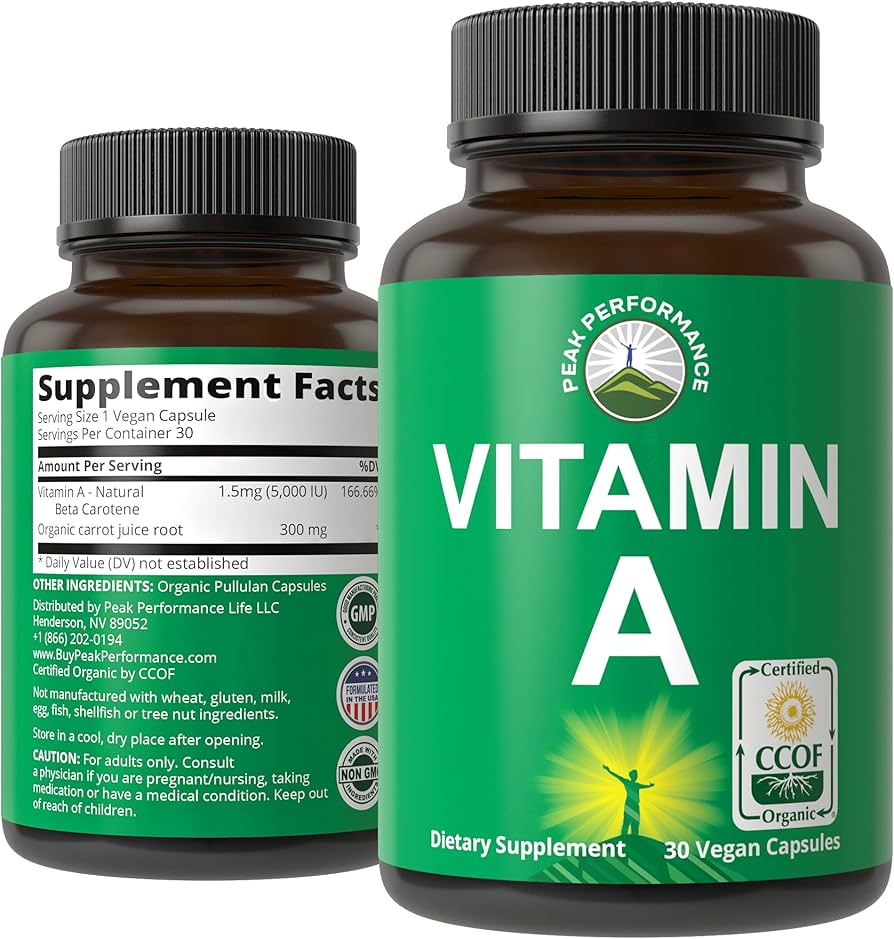
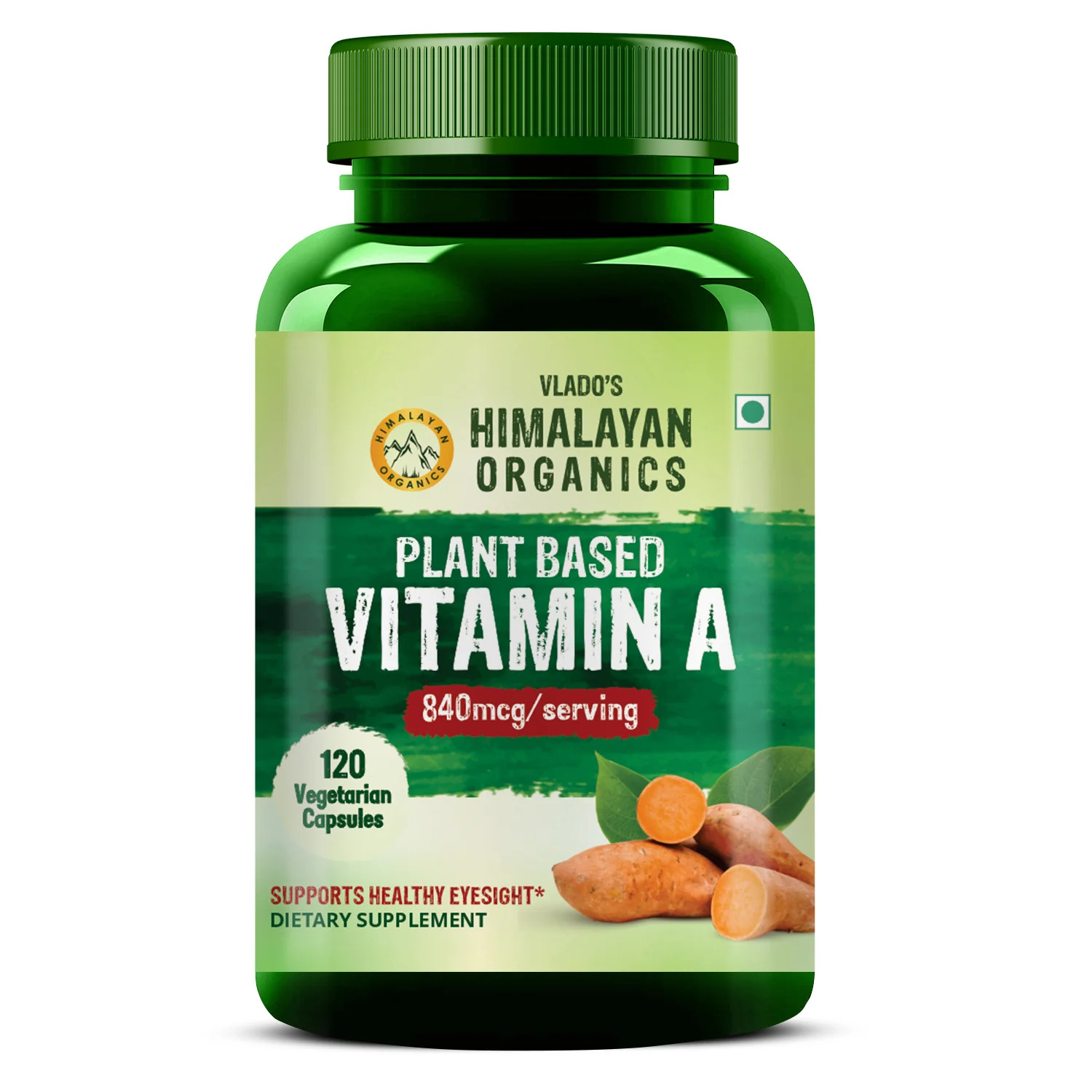
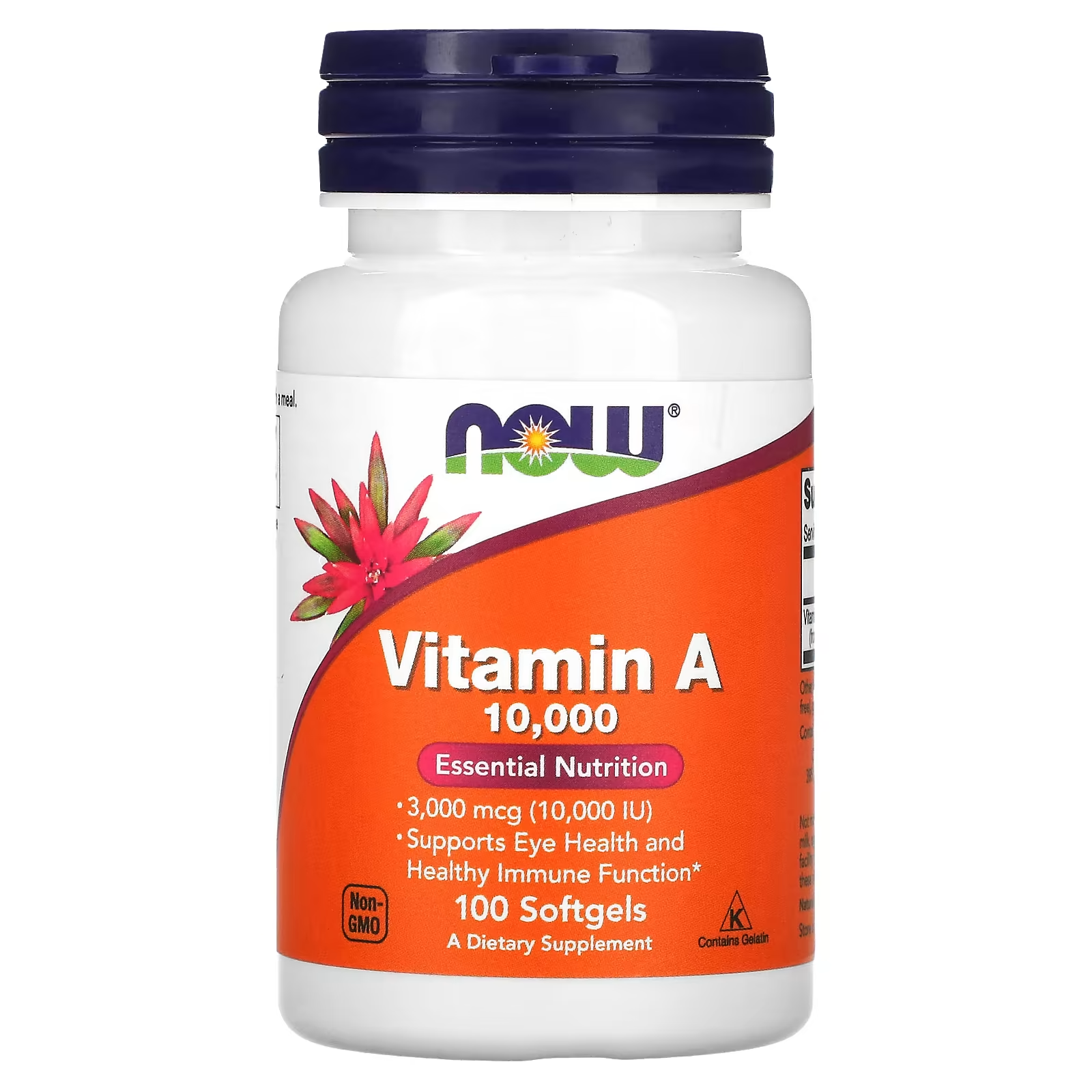
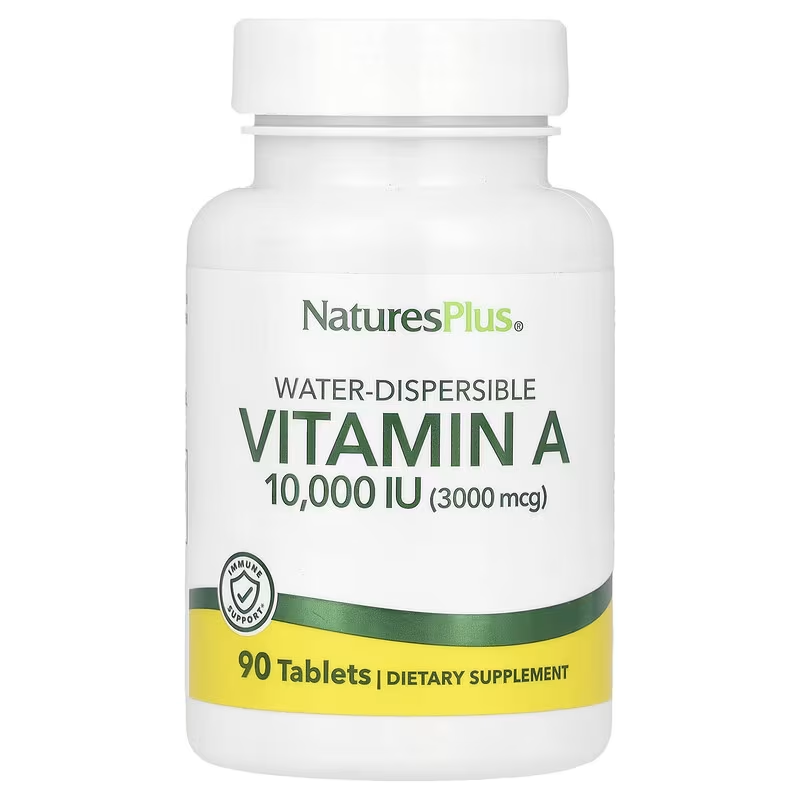
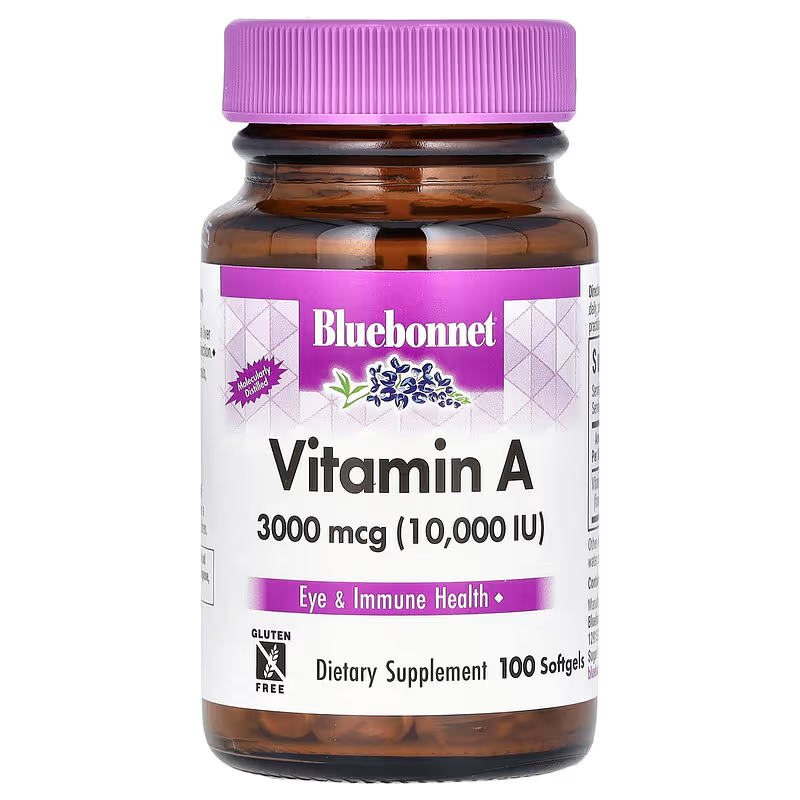
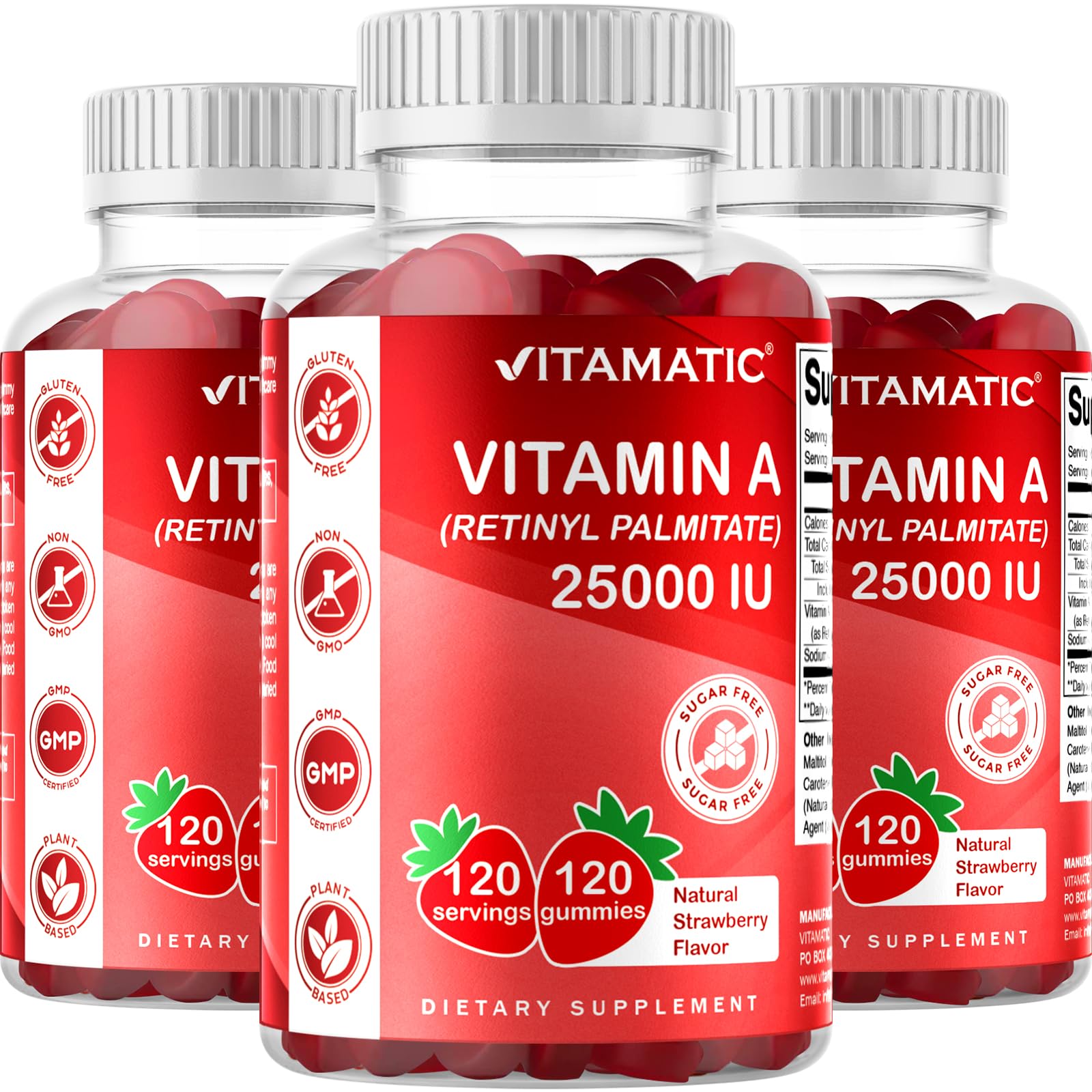
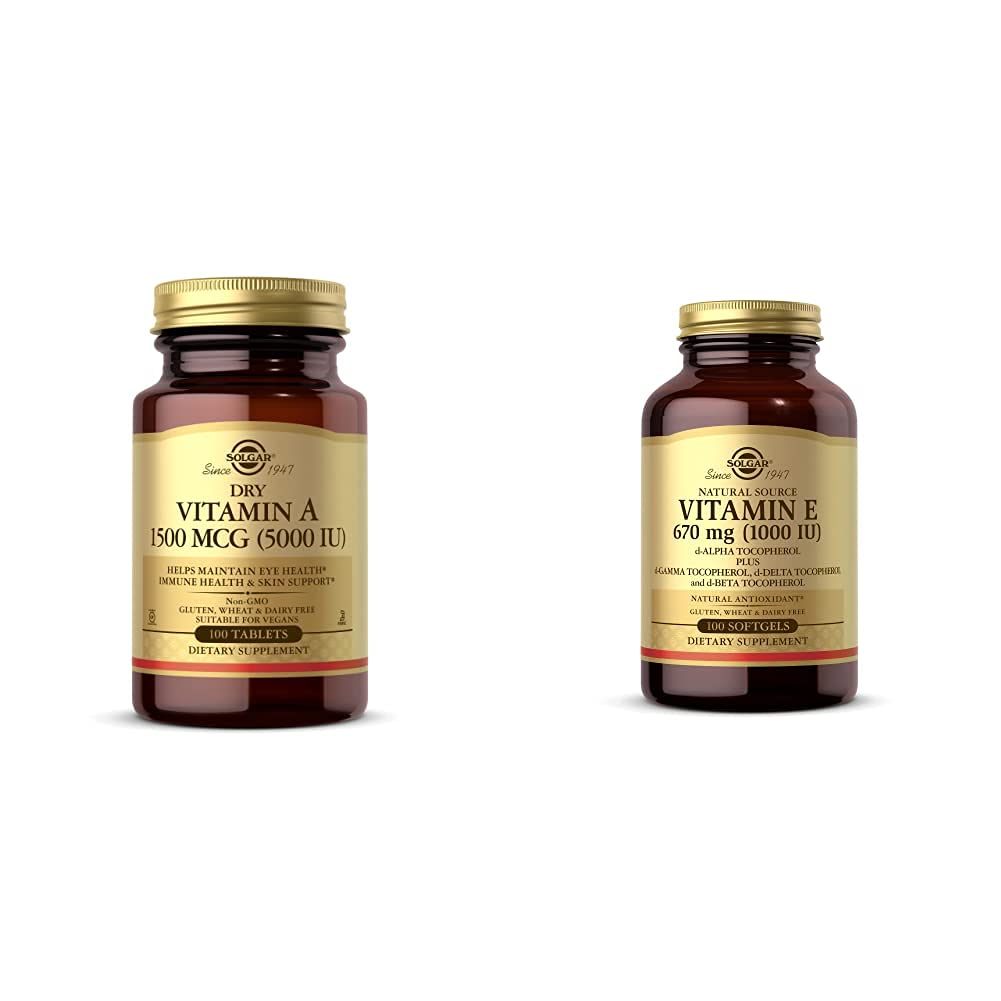
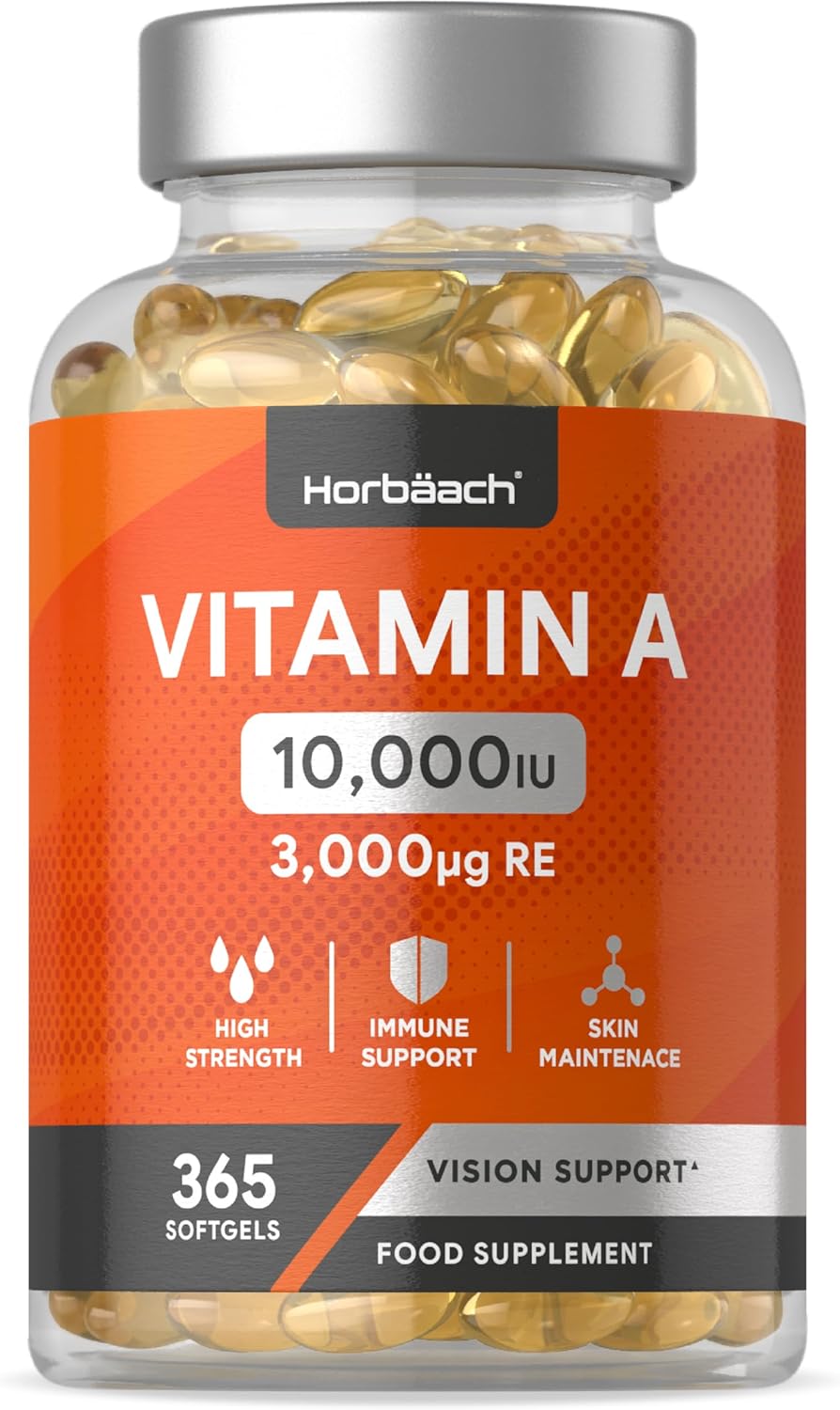
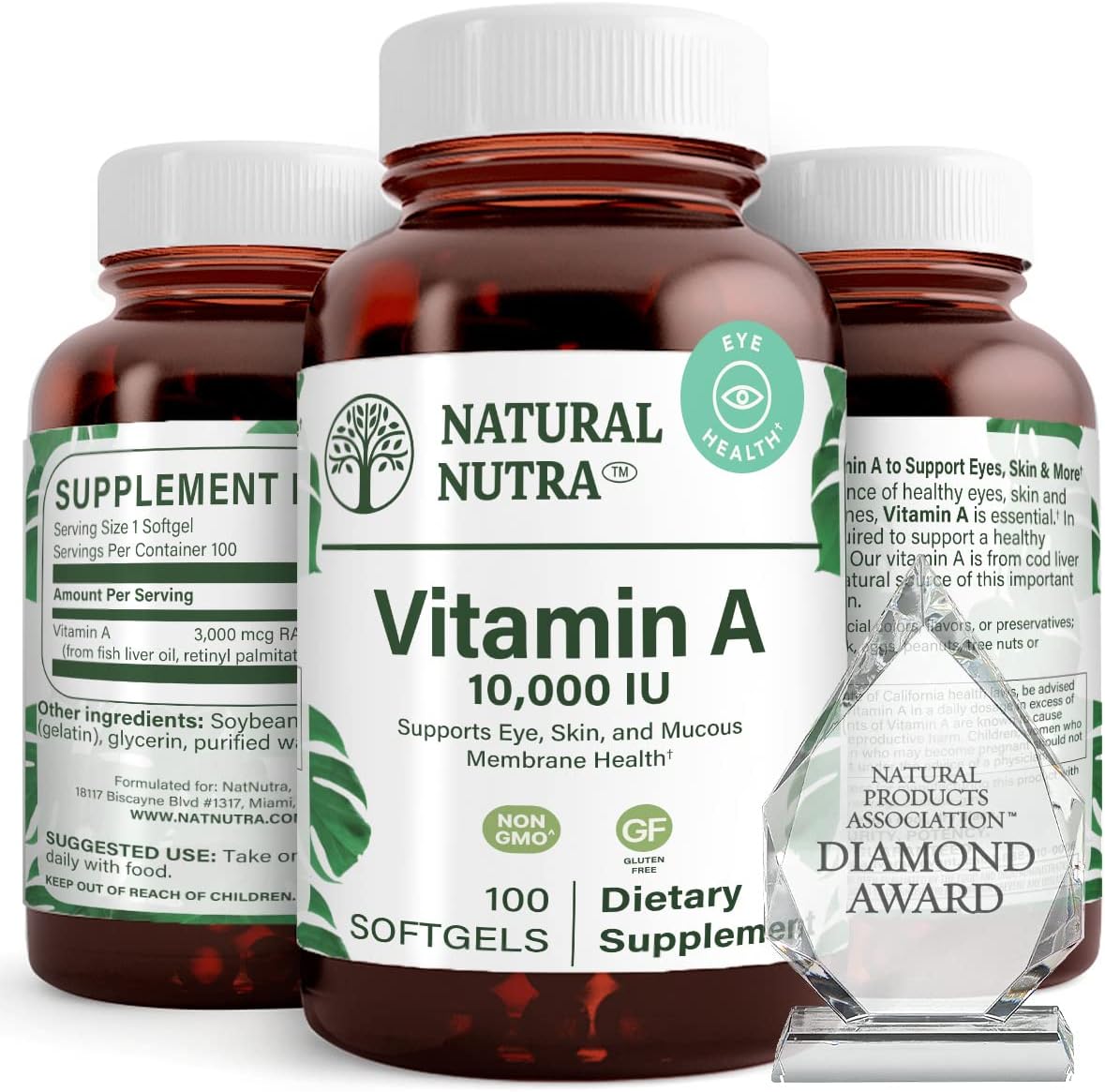
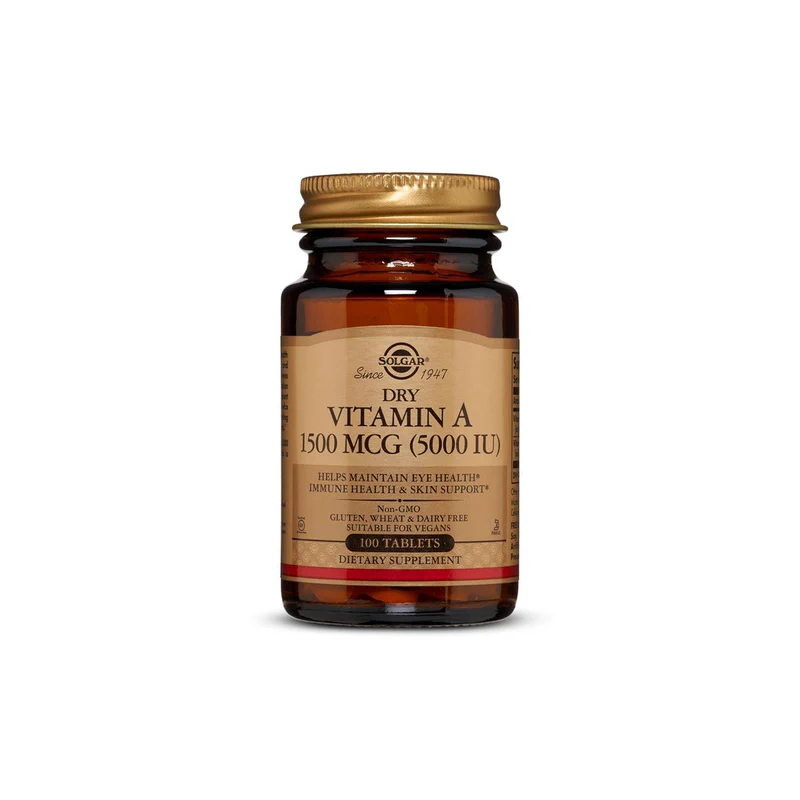
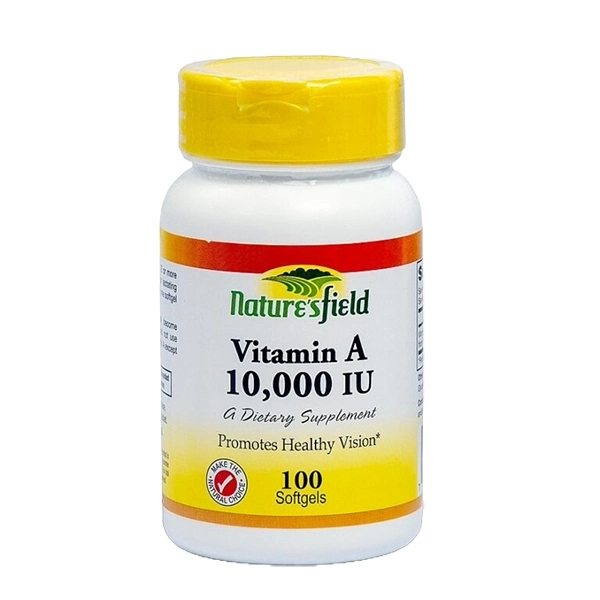
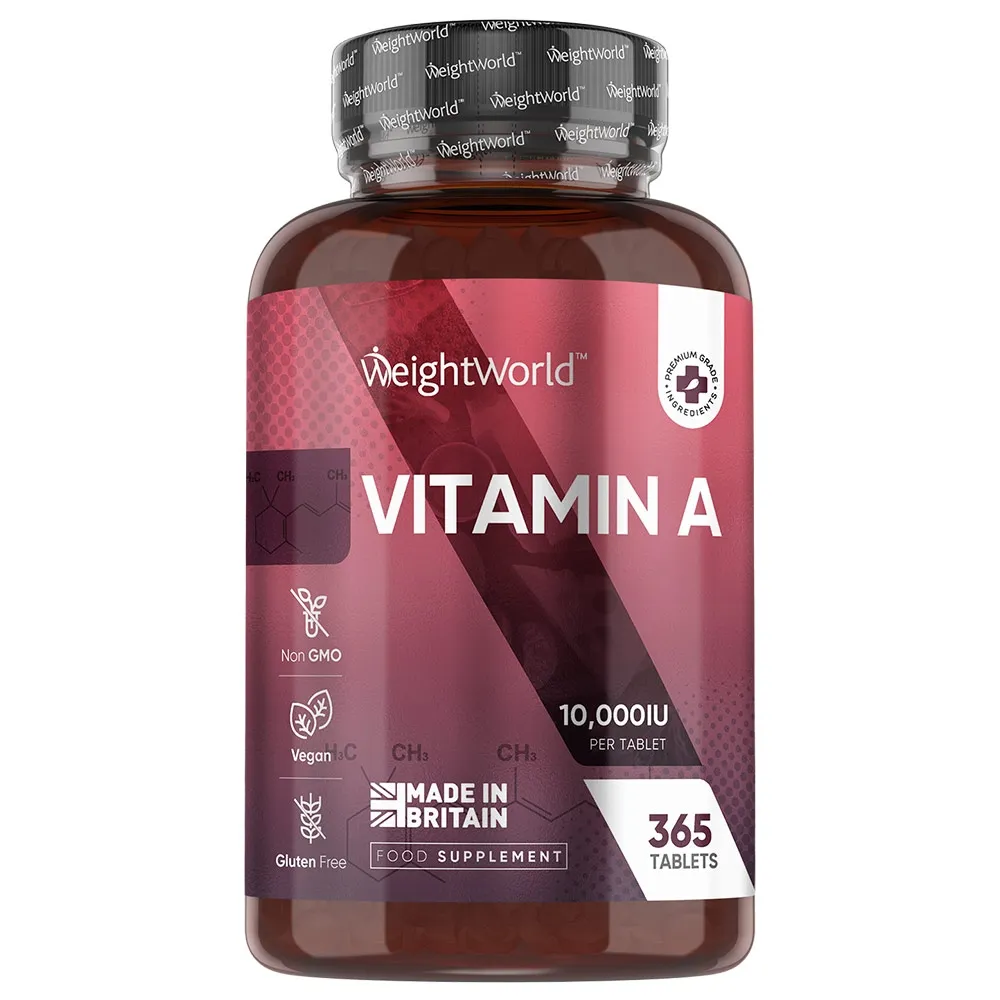


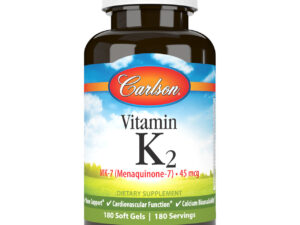

Reviews
There are no reviews yet.